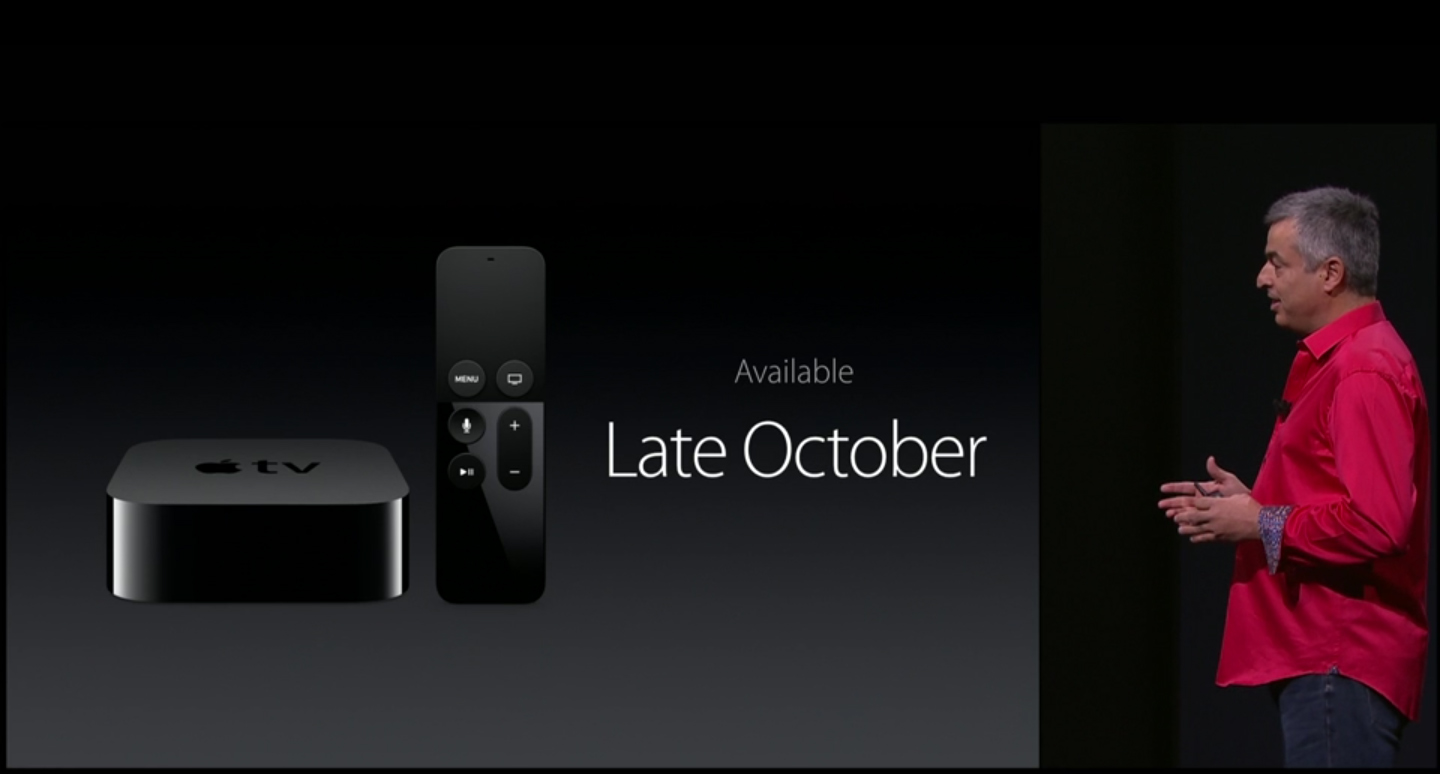 NEWS
NEWS
 NEWS
NEWS
 NEWS
NEWS
The shine and gloss around the promise of apps in the new version the Apple TV has diminished somewhat over the weekend with news that the new operating system for the device doesn’t support Webview.
Webview, if you’re not familiar with the term, is the ability to render content from web pages in an application (literally as the name suggests web-view), an ability previously available under iOS, but surprisingly not so with tvOS, the iOS derivative OS running the new Apple TV.
Daniel Pasco on Medium explains specifically that Webkit, the framework that Apple uses to allow developers to include webviews in their apps, along with UIWebview, a UIKit class, are both missing from tvOS, before adding:
Even though the classes exist to fetch a page from a remote site, nothing else is really there — the content has to be parsed, the DOM has to be built, and the actual HTML has to be rendered and styled, and any embedded Javascript has to be run.
There’s no mechanism for doing any of these things, or for presenting the web page to the users.
While the obvious result of the lack of support for Webview will be the lack of internet browsing with the new Apple TV, the less obvious effect of not providing webview support will be with compatibility with existing iOS apps, with Pasco estimating that 50 percent to 80 percent of the major apps out there use webviews somewhere within their apps.
“The thing about a webview is, although it’s not as good as a native view, it can still be pretty darn good, Pasco notes. “If you’re a big company trying to roll out apps for iOS, Android, and the desktop browser, you’re going to have three different teams belting out code like crazy for each platform.”
Given the decision will either completely rule out, or even break a majority of existing iOS apps from working on the Apple TV, including iPad apps as well that may actually visually look great on big screen, Pasco speculates that the reason behind the decision may actually be visual, in that web content isn’t going to look great on a big screen TV.
Control of the user experience would be a huge reason, Pasco furthers:
A gigantic 1080p, non-Retina screen is not going to render web content well, and Mobile Safari also depends on a large number of gestures (pinch zoom, tapping to zoom in a div, etc) that simply are not available on the platform…. many “native” apps are simply wrappers around web content, which tends to be a poor overall experience compared to true native apps. This decisively puts an end to those and ensures that any new apps will be more in keeping with the Apple ecosystem. And native apps might endure tvOS updates more gracefully than web content decoupled from the current platform version.
That’s reasonable speculation and it could come back to Apple’s obsessive need to control everything and make sure the end experience is high quality, but there’s zero question that the decision is going to hamstring Apple TV out of the box, and with the exception of gaming (which doesn’t usually use Webview) it’s going to mean that we won’t see a lot of apps for the Apple TV until such time it actually takes off and developers decide to support it.
Support our mission to keep content open and free by engaging with theCUBE community. Join theCUBE’s Alumni Trust Network, where technology leaders connect, share intelligence and create opportunities.
Founded by tech visionaries John Furrier and Dave Vellante, SiliconANGLE Media has built a dynamic ecosystem of industry-leading digital media brands that reach 15+ million elite tech professionals. Our new proprietary theCUBE AI Video Cloud is breaking ground in audience interaction, leveraging theCUBEai.com neural network to help technology companies make data-driven decisions and stay at the forefront of industry conversations.